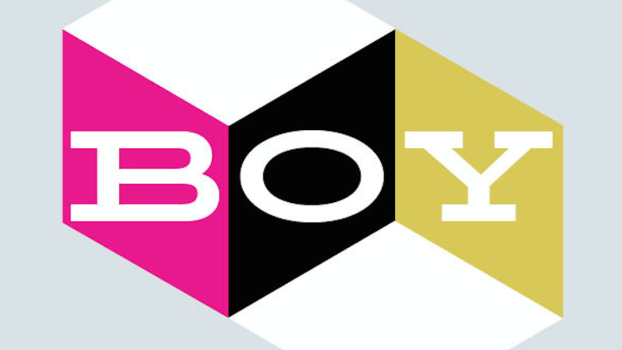More Canadian companies are making strategic divestments as a result of macro trends such as economic, political and technological instability, finds a recent report by Ernst and Young (EY).
The finding comes courtesy of the business consultancy’s 2019 Global Corporate Divestment survey, which looks at how companies should be approaching their portfolio strategies. According to the research, nearly half of Canadian respondents (49%) plant to divest in the next 12 months.
EY attributes the uptick to economic, political and technological disruption. “These dynamics,” the company says, “coupled with a low-growth environment, increasing shareholder pressure and changing consumer preferences, are prompting a critical decision [on] how best to allocate capital to gain competitive advantage.”
Digital transformation plans also appear to be playing a role: 26% of firms said their divestments were the result of needing to fund new technology, while 15% reported convergence within their sectors. Moreover, the choice of more businesses to divest is the result of planned portfolio reviews and a more “disciplined approach” that began to take shape in 2016, EY finds.
This has resulted in fewer deals being made that can be considered “opportunistic.” Today, only 44% of Canadian companies selling assets described their most recent transactions as “opportunistic,” compared to 68% last year.
In addition, larger deals are taking precedence at the executive table. Whereas no Canadian firms reported making deals worth more than $250 million – and only 19% made divestments exceeding the $100 mark – now 44% of them (compared to the global average of 20%) report having made divestments worth more than $250 million. This year, as many as 10% of respondents reported making deals worth twice that amount.
The survey also reveals that Canadian firms “stand to benefit” from more private equity buyers, as the latest data shows that the latter are “bringing a sharper focus on value, increased competition, strong multiples and a faster time to close the sale process.” That has translated into 33% of respondents believing that deals with private equity firms resulted in higher purchase prices and 44% stating that it decreased the time to close the deal.
























